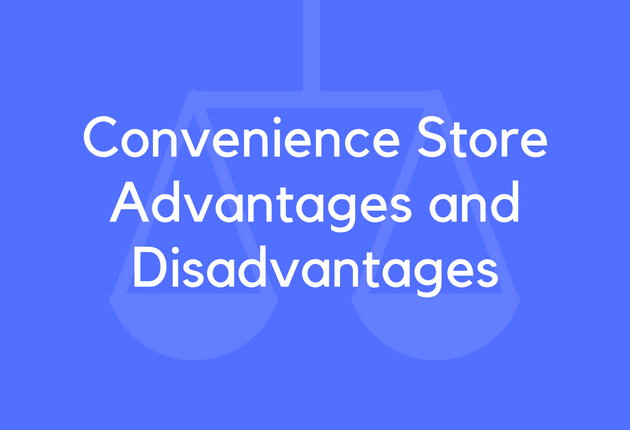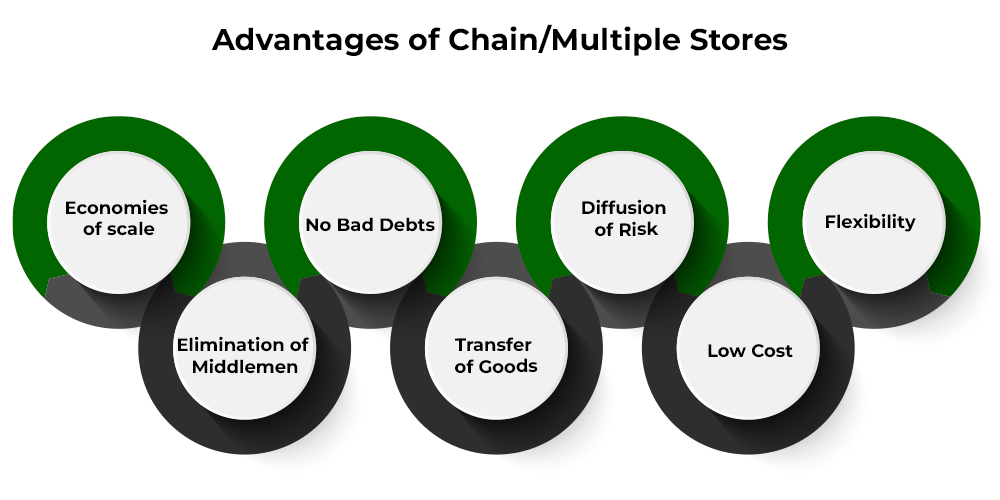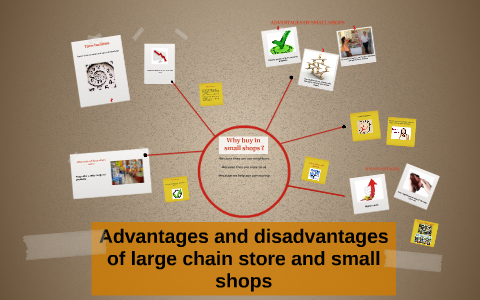Chain stores, also known as big box stores or retail chains, are a type of retail establishment that operates multiple locations under the same brand name. They are typically characterized by their large size, standardized merchandise, and reliance on mass production and mass marketing techniques. While chain stores can offer a variety of benefits, such as convenience and competitive pricing, they also have several significant disadvantages that can impact both consumers and communities.
One disadvantage of chain stores is that they often drive smaller, locally-owned businesses out of competition. These smaller businesses, known as independent retailers, may not be able to compete with the purchasing power and marketing resources of large chain stores. As a result, they may struggle to attract customers and eventually go out of business, leading to a loss of local character and a decrease in the diversity of products and services available to consumers.
Another disadvantage of chain stores is that they can have a negative impact on the local economy. Because they are often owned and operated by large, out-of-town corporations, they may not invest as much in the local community as independently-owned businesses. They may also contribute to the decline of downtown areas by drawing customers away from local shops and restaurants. This can lead to a decline in foot traffic and a decrease in the overall economic vitality of a community.
Additionally, chain stores are often criticized for their treatment of workers. Because they rely on mass production and low-cost labor, they may not offer the same benefits or opportunities for advancement as independently-owned businesses. This can lead to low pay, long hours, and poor working conditions for employees.
Finally, chain stores can contribute to environmental degradation. Because they rely on mass production and transportation of goods, they can contribute to air and water pollution, as well as carbon emissions. In addition, their large size and standardized design can lead to a homogenization of the built environment, with a lack of diversity in architecture and design.
In conclusion, while chain stores can offer convenient and competitively-priced products, they also have several disadvantages that can impact both consumers and communities. These include the displacement of smaller, locally-owned businesses, negative impacts on the local economy, poor treatment of workers, and environmental degradation. It is important to carefully consider the potential impacts of chain stores on a community before allowing them to open and operate within it.








